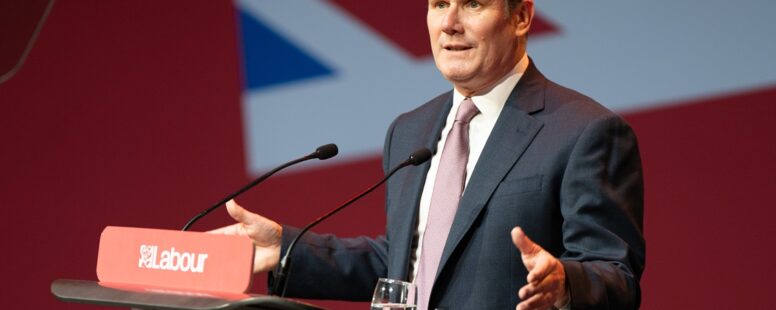Democracies’ Own Freedoms at Risk
Sophie Richardson argues that democracies’ failure to respond to China’s assault on international human rights law constitutes a risk to their own freedoms.

Sophie Richardson argues that democracies’ failure to respond to China’s assault on international human rights law constitutes a risk to their own freedoms.

A new security law stokes fears and makes it possible to class criticism and questioning of government policy as subversive, writes Stephen Vines.

Brian Fong asks whether Hong Kong can outlive the China-U.S. great power competition.

Au Loong-yu reflects on how the tragedy of past Chinese revolutions could be avoided.

Chinese online activists are demonstrating increasingly innovative and sophisticated strategies to fight against official censorship, writes Chi Zhang and Ming Zhang.

George Magnus writes that the NCP’s mild stress on economic growth offers little indication that China will move away from “lingering risks and hidden dangers”.

John Gittings examines to what extent Chinese policy in three fields, nuclear, climate change, and pandemics, includes an awareness and assessment of existential risk.

Gray Sergeant says the Labour Party’s broadly similar China strategy to the Conservatives might not be good for electioneering but the continuity will provide some comfort to Britain’s allies.

Veteran journalist Vaudine England reflects on whether the city can survive the current clampdown on basic freedoms.

Chi Zhang argues that Yique’s Chinese socialist slogans graffiti that appeared in Brick Lane was artwork rather than propaganda.